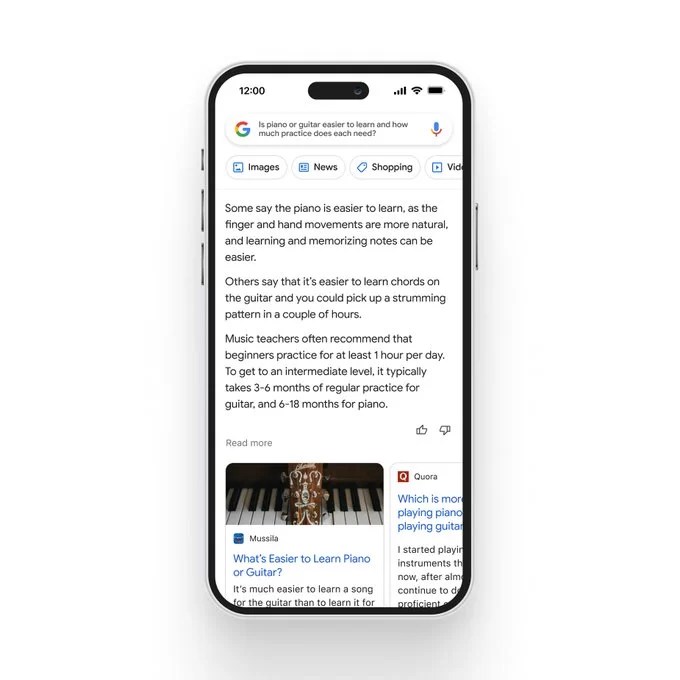Google on Monday unveiled a new chatbot tool dubbed Google Bard in an apparent bid to compete with the viral success of ChatGPT.
In the announcement, Google CEO Sundar Pichai said Bard is now available to “trusted testers” and will be more widely available “in the coming weeks.”

Following the release of OpenAI’s ChatGPT in December 2022, the generative AI tech’s popularity prompted Google executives to declare a “code red” and scramble to compete with its own AI technologies.
What Is Google Bard?
Like ChatGPT, Bard will query information from the web to provide fresh, high-quality responses.
Bard will be powered by a pared down lightweight version of LaMDA, its AI language model technology. Pichai says this LaMDA model requires less computing power which will be easier to scale to more users and gain feedback faster.
The testing phase will incorporate external feedback into Google’s own internal testing in order to “meet a high bar for quality, safety and groundedness in real-world information.”
LaMDA: The Underlying Technology Supporting Google Bard
The underlying technology that supports Bard has been around for some time, though not widely available to the public. Google unveiled its Language Model for Dialogue Applications (or LaMDA) some two years ago, and said Monday that this technology will power Bard.
LaMDA made headlines late last year when a former Google engineer claimed the chatbot was “sentient.” His claims were widely criticized in the AI community.
Bard’s Use Cases
In their post, Google offered the example of a user asking Bard to explain new discoveries made by NASA’s James Webb Space Telescope in a way that a 9-year-old might find interesting. Bard responds with conversational bullet-points.
The first one reads: “In 2023, The JWST spotted a number of galaxies nicknamed ‘green peas.’ They were given this name because they are small, round, and green, like peas.”
Bard can be used to plan a friend’s baby shower, compare two Oscar-nominated movies or get lunch ideas based on what’s in your fridge, according to the post from Google.
Pichai also said that AI-powered tools will soon begin rolling out on Google’s flagship Search tool.
“Soon, you’ll see AI-powered features in Search that distill complex information and multiple perspectives into easy-to-digest formats, so you can quickly understand the big picture and learn more from the web,” Pichai wrote, “whether that’s seeking out additional perspectives, like blogs from people who play both piano and guitar, or going deeper on a related topic, like steps to get started as a beginner.”
It is not clear when these features will start rolling out. It is also not clear on how this will impact traffic for other websites, and blogs, if Google’s AI-feature is giving all the detailed answers.









